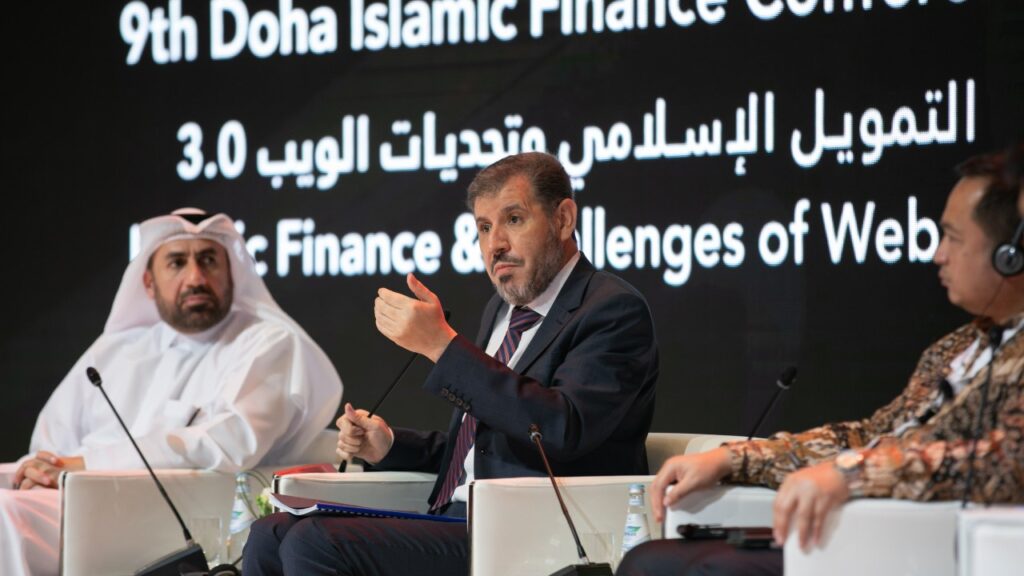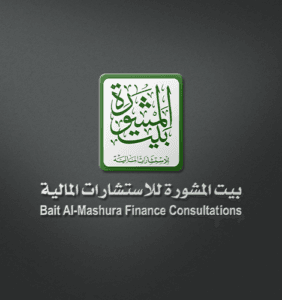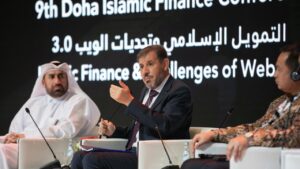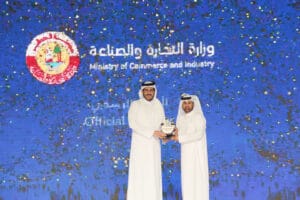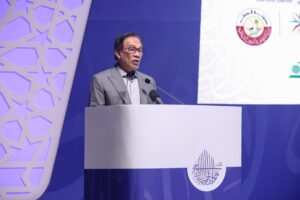The 9th Doha Islamic Finance Conference, held on March 14, 2023, at the Sheraton Hotel, convened a dynamic gathering of thought leaders, practitioners, and regulatory bodies under the theme “Islamic Finance & Challenges of Web 3.0.” Organized by Bait Al Mashura Finance Consultations in collaboration with the Ministry of Commerce and Industry, the conference focused on the evolving landscape of Islamic finance amid emerging technologies and global challenges. Under the patronage of His Excellency Sheikh Khalid bin Khalifa bin Abdulaziz Al Thani, Prime Minister and Minister of Interior, the event provided deep insights into the future of Islamic finance. Here’s an overview of the key takeaways and their implications for the industry.
Part 1: Key Themes Shaping the Future of Islamic Finance
As the financial landscape continues to evolve, the 9th Doha Islamic Finance Conference played a crucial role in addressing the significant challenges and opportunities that Islamic finance faces in the realm of the metaverse. The conference agenda was a comprehensive blend of insights, centered around four key themes that guided the discussions.
1. ISLAMIC FINANCE IN THE WORLD OF METAVERSE : The conference spotlighted the importance of developing lifestyle apps adhering to Islamic standards to create digital experiences that align with users’ faith catering to a modern, tech-savvy audience. The focus of Islamic banks should be on identifying segments within the halal economy to drive growth and meet evolving customer needs. Innovations like Augmented Reality and Virtual Reality present new opportunities for Islamic banks to create interactive, immersive experiences, shaping the future of communication, education, and commerce in the metaverse.
2. REGTECH AND SUPTECH IN ISLAMIC FINANCE: At the heart of the 9th Doha Islamic Finance Conference was the emphasis on Shariah governance and the role of technology in improving regulatory practices. The conference highlighted the significant potential of RegTech and SupTech to enhance Shariah governance in Islamic finance. By advancing research, standardizing practices, and prioritizing continuous evaluation, the industry can leverage these technologies to ensure effective and compliant regulatory practices.
3. IMPACT OF CROSS-BORDER FINANCE ON ISLAMIC FINANCE: The Conference emphasized the innovative potential of waqf such as developments in cash, corporate, and landmark waqf, suggesting that governments could incentivize these innovations through tax breaks. The conference underscored the need for better coordination and transparency in waqf management, advocating for improved communication between authorities and stricter accountability measures. The conference also explored the transformative potential of the metaverse for Islamic financial services, advocating for its integration into waqf management and client support, while addressing infrastructure and privacy challenges. Collaboration between Islamic scholars and practitioners is crucial to ensure Shariah compliance in new virtual markets.
4. SUSTAINABILITY IN DIGITAL FINANCE: The conference stressed on the importance of digital technology in advancing a Circular Economy by promoting resource sustainability and enabling sharing platforms. Achieving circularity and sustainability will require global collaboration, government support, increased awareness, educational programs, and favorable laws and institutions.
Part 2: Charting the Future of Islamic Finance in the Era of Metaverse
After intense discussions and groundbreaking presentations, the ninth Doha Islamic Finance Conference concluded with a set of key recommendations that could shape the future of Islamic finance. In this final part of our series, the conference concluded with several crucial recommendations.
- Urging Islamic banks to Islamic banks to leverage metaverse technology to access new markets and improve growth, while also adopting regulatory technology to enhance transparency, compliance, and competitiveness.
- Inviting endowment institutions create virtual spaces to showcase their history, roles, and ongoing developments, and to facilitate global discussions on waqf innovations.
- Artificial intelligence techniques and virtual reality applications can be used to advance Shariah governance in Islamic finance, with a call for unified supervisory standards.
- Islamic financial institutions are invited to create their own virtual worlds for introducing Islamic financial products and collaborating with educational institutions for training.
- The conference stressed the importance of adhering to contractual, legal, and ethical controls in metaverse financial transactions to ensure their legitimacy and prevent related crimes.
The 9thDoha Islamic Finance Conference succeeded through collaborative efforts, with gratitude expressed to the State of Qatar for its hospitality and commendations for the sponsors and organizers for their dedication. The insights and recommendations from the conference offer a practical roadmap for the Islamic finance industry in the metaverse era, highlighting how the integration of technology with Islamic finance can create new opportunities while adhering to Shari’ah principles.

